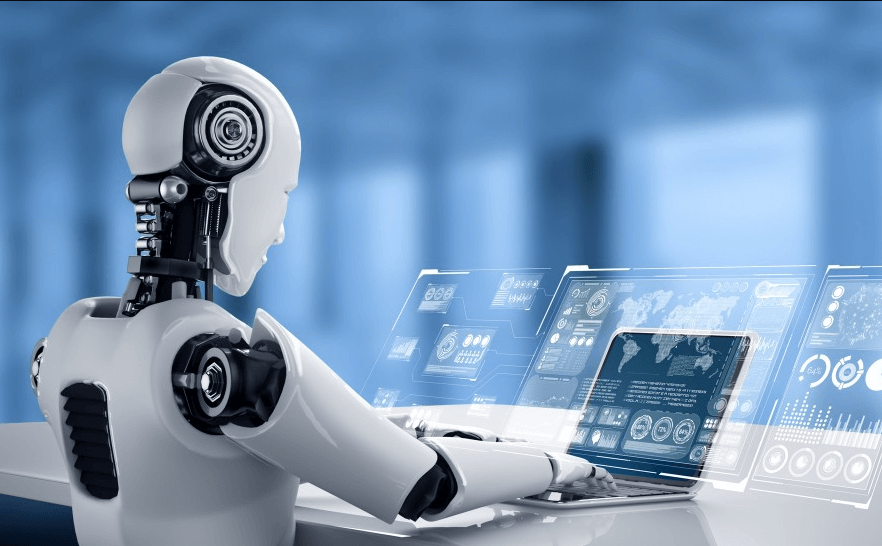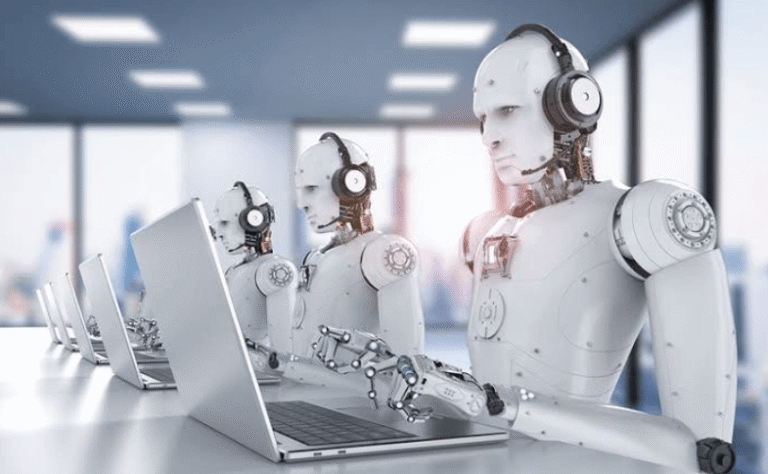The Impact of Artificial Intelligence on Job Markets
The integration of artificial intelligence into job markets presents a dual-edged sword. On one side, automation threatens to displace numerous traditional roles. Conversely, AI also opens avenues for new job creation and entrepreneurial ventures. This evolving dynamic compels a reassessment of workforce skills and organizational structures. Understanding how these shifts will shape future employment landscapes is crucial for navigating the challenges and seizing the opportunities that lie ahead.
Understanding AI and Its Capabilities
Although artificial intelligence (AI) encompasses a broad range of technologies, its core capabilities can be categorized into several key areas, including machine learning, natural language processing, and computer vision.
Machine learning enables systems to identify patterns in data, while natural language processing allows for the understanding and generation of human language.
Together, these capabilities enhance automation and decision-making, fostering innovation across various sectors.
See also: The Growing Trend of Biometric Technology in Security Systems
Potential Job Displacement Due to Automation
Automation, driven by advancements in artificial intelligence, has the potential to significantly disrupt job markets across various industries.
The risk of job displacement threatens traditional job security, prompting concerns among workers. As roles become increasingly automated, workforce adaptation becomes essential for mitigating adverse impacts.
Fostering skills development and embracing new technologies will be crucial for individuals to navigate this evolving landscape effectively.
New Opportunities Created by AI
The rise of artificial intelligence is not solely associated with job displacement; it also heralds the creation of new opportunities within the job market.
AI entrepreneurship emerges as a significant trend, allowing innovators to develop businesses centered on AI solutions.
Furthermore, skill enhancement initiatives are increasingly vital, equipping workers with the necessary competencies to thrive in an evolving landscape, fostering adaptability and resilience.
The Future of Work in an AI-Driven Economy
As artificial intelligence continues to reshape various industries, the future of work in an AI-driven economy presents both challenges and opportunities.
Remote collaboration is expected to become standard, fostering global teamwork.
Additionally, skills enhancement will be crucial, as workers must adapt to new technologies.
Organizations that prioritize training and flexible work environments may thrive, ultimately reshaping employment landscapes and workforce dynamics.
Conclusion
In an era where artificial intelligence is heralded as a job-stealing villain, it paradoxically emerges as a career architect, crafting new opportunities from the remnants of displaced roles. While automation may render certain jobs obsolete, it simultaneously demands a workforce adept in novel skills and innovation. Thus, as industries grapple with this dichotomy, the real irony lies in AI’s potential to not only disrupt but also redefine the very essence of work in an evolving economy.




